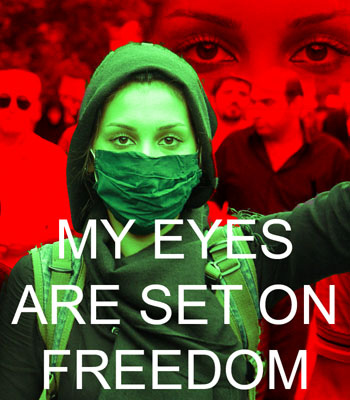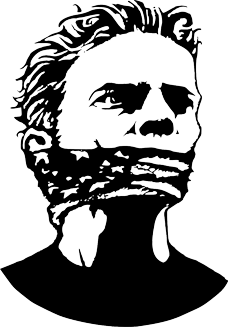It is not clear that the retreating Islamic State (ISIS) troops from Qayyarah, a town just a few miles south of Mosul had time to read the fine print of the 1977 Environmental Modification Convention (ENMOD) or the Protocol of the 1977 Geneva Convention which prohibits the use of methods intended “to cause widespread, long-term, and severe damage to the natural environment.” It would seem that ISIS officials did not read other humanitarian law or arms control treaties very closely either. This may come from the fact that ISIS never took their title of the Islamic State seriously and never felt bound by the world law which applies to a recognized State.
I do not know what consideration of international norms concerning the environment, such as the Earth Charter, might have come up in discussions among ISIS officials prior to setting fire to oil wells and more dangerously to the Meshraq sulfur plant. What seems evident from first-hand reports is that oil wells are burning, producing black smoke in the Mosul area. The oil smoke is mixed with the sulfur smoke from the burning plant which has led to over a 1000 people being hospitalized after inhaling gas. The dangerous forces released by chemical facilities have predominately short-term effects, although delayed or long-term efforts are also possible.
The wide use of poison gas during World War I and its lasting impact on soldiers had led to the 1925 Geneva Protocol on Chemical and Bacteriological Warfare. In 1975, for its 50th anniversary I had led an effort to have States which had not signed or ratified the 1925 Protocol to do so. France, which was the depository State for the 1925 Geneva Protocol had stated that its former colonies, now become independent States, were not covered by the French signature of the 1925 Protocol, although African States were covered in many other cases by the French ratification of other treaties. Our efforts led to the ratification by a number of African States of the Protocol.
The treaty most directly applicable to the setting on fire of the Meshraq sulfur plant is the ENMOD treaty. The treaty was negotiated largely as an agreement between the USA and the USSR but within the framework of the United Nations Conference of the Committee on Disarmament (CCD) as a result of efforts to modify the natural environment during the US-led segment of the wars in Vietnam. The US military had largely used defoliants, such as Agent Orange to destroy forests. (1) In addition, there had been discussions among the US military of other environment-modification techniques, some of which seem to have come from a science-fiction imagination. Already in 1972, there were hearings in the US Senate under the leadership of Senator Claiborne Pell, a well-respected Senator, on environment modification techniques and their use in Vietnam.
By 1975, the US aspect of the Vietnam conflict was over, and as a reaction, there could be a discussion within the UN of the dangers of environmental modification as a technique of war. The ENMOD treaty is weak in many respects and has never been invoked. However ENMOD has two merits. The first is that it exists and thus can be brought up as an element in the protection of the population of Mosul. The second positive element is the possibility to invoke “appropriate international procedures.”
The formula “appropriate international procedures” made its first appearance in the diplomacy of disarmament during the negotiations of the Sea-bed Treaty which came into force in May 1972. During the ENMOD negotiations in the CCD, the Representative of the Netherlands, Ambassador van der Klaauiv put forward the possibility of the creation of a treaty-observation committee which could be called upon to deal with complaints. This proposal was largely integrated into Article V of the ENMOD though the complaint procedures have never been invoked. No permanent machinery has been created to deal with the ENMOD issues though there have been discussions if the UN Environment Programme (UNEP) should have a mandate to work on the ecological dimension of armed conflicts. Both Iraq and Syria have signed but not ratified the ENMOD Convention. The position of the Association of World Citizens is that all legal norms and principles such as those of the ENMOD are part of world law binding not only upon States but also upon armed militias and individuals.
Thus, we call for action from the UN Secretary-General to invoke the ENMOD Convention and its violation by ISIS. It is certain that the battle around Mosul is complicated and raises many humanitarian as well as geopolitical concerns. However the destruction of the environment as a tool of war needs strong opposition. The United Nations as depository power has a duty to act.
Rene WADLOW
Rene Wadlow is the President of the Association of World Citizens, an international peace organization with consultative status with ECOSOC, the United Nations organ facilitating international cooperation on and problem-solving in economic and social issues.
Copyright mediaforfreedom.com


